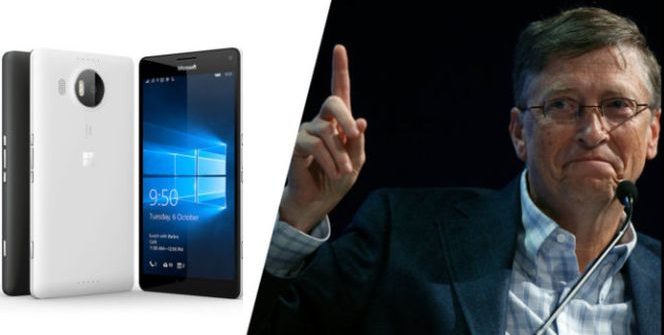TECH NEWS – The former Microsoft chairman says artificial intelligence will be as fundamental to our lives as the microprocessor, the PC, the internet, or the mobile phone have become over the last decades.
Bill Gates wrote a blog post whose title says it all: “The Age Of Artificial Intelligence Has Begun.” According to him, there have been two times in his life when technology he considered revolutionary. The first was in 1980. It was the graphical user interface: “The forerunner of every modern operating system, including Windows. I sat with the person who showed me the demo, Charles Simonyi, a brilliant programmer. We immediately started brainstorming about all the things we could do with such a user-friendly approach to computing.”
The second revolutionary demonstration was during a biology exam. In mid-2022, he was in talks with OpenAI, the creators of ChatGPT, to train an artificial intelligence capable of passing an AP (Advanced Placement) biology exam. Gates said it was about communicating the facts, presenting critical thinking, and synthesizing the questions. He says the technology should have taken a few years. Still, within a few months, he was astonished by the results, as ChatGPT was able to answer 59 of the 60-question exam correctly and write six long, text-based answers: “Once it had aced the test, we asked it a non-scientific question: “What do you say to a father with a sick child?”, it wrote a thoughtful answer that was probably better than most of us in the room would have given. The whole experience was stunning.”
Gates has been keeping an eye on AI since mid-2016, asking how the real world will use it, especially in economic terms (will it be able to reduce inequality or will it open the gap between the two co-dominant extremes): “AI-driven improvements will be significant for poor countries, where the vast majority of under-5 deaths happen. Many people in those countries never get to see a doctor, and AIs will help the health workers they see be more productive.” He means automating paperwork.
According to Gates, “market forces won’t naturally produce AI products and services that help the poorest.” “With reliable funding and the right policies, governments and philanthropy can ensure that AIs are used to reduce inequity. Just as the world needs its brightest people focused on its biggest problems, we will need to focus the world’s best AIs on its biggest problems. Although we shouldn’t wait for this to happen, it’s interesting to consider whether artificial intelligence would ever identify inequity and try to reduce it. Do you need a sense of morality to see inequity, or would a purely rational AI also see it? If it did recognize inequity, what would it suggest we do about it?” asks Gates.
He says fears about artificial intelligence are understandable and justified. He didn’t name Skynet from the Terminator films: “I’m lucky to have been involved with the PC and Internet revolutions. I’m just as excited about this moment. This new technology can help people everywhere improve their lives. At the same time, the world needs to establish the rules of the road so that its benefits far outweigh any downsides of artificial intelligence and that everyone can enjoy those benefits no matter where they live or how much money they have.”
He sounds wise.
Source: PCGamer
















Leave a Reply